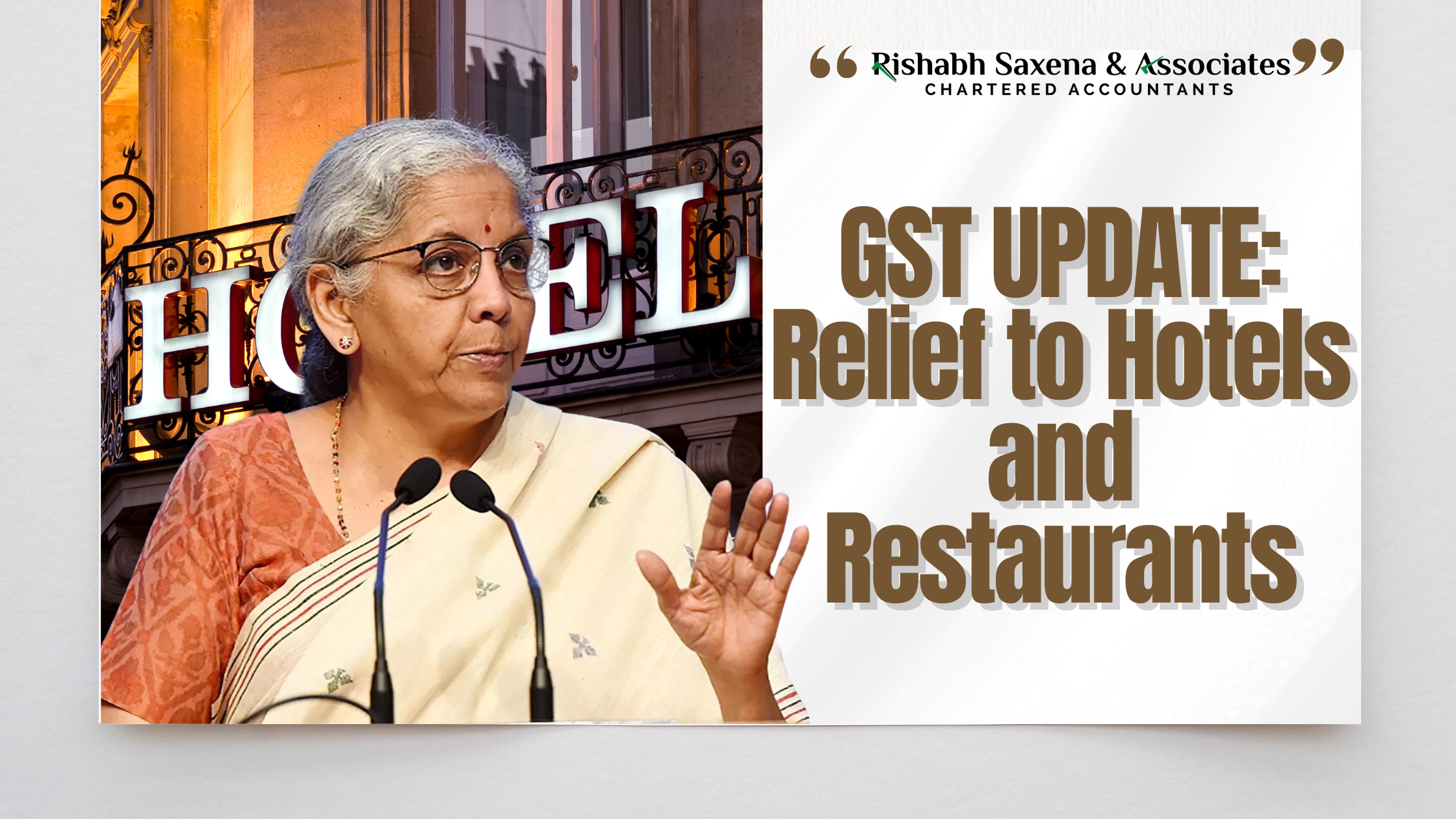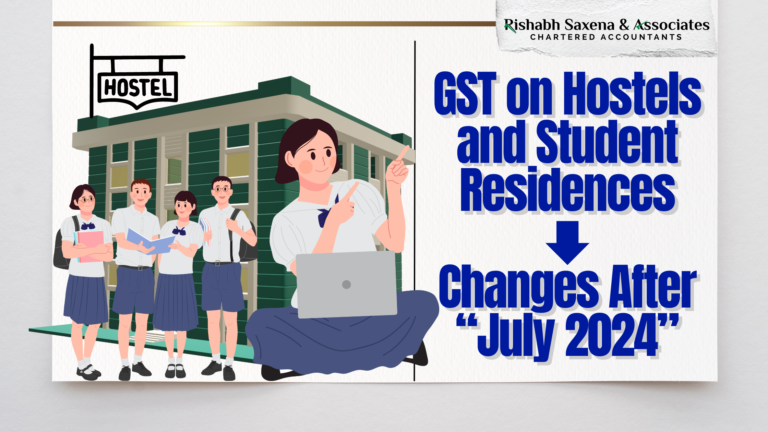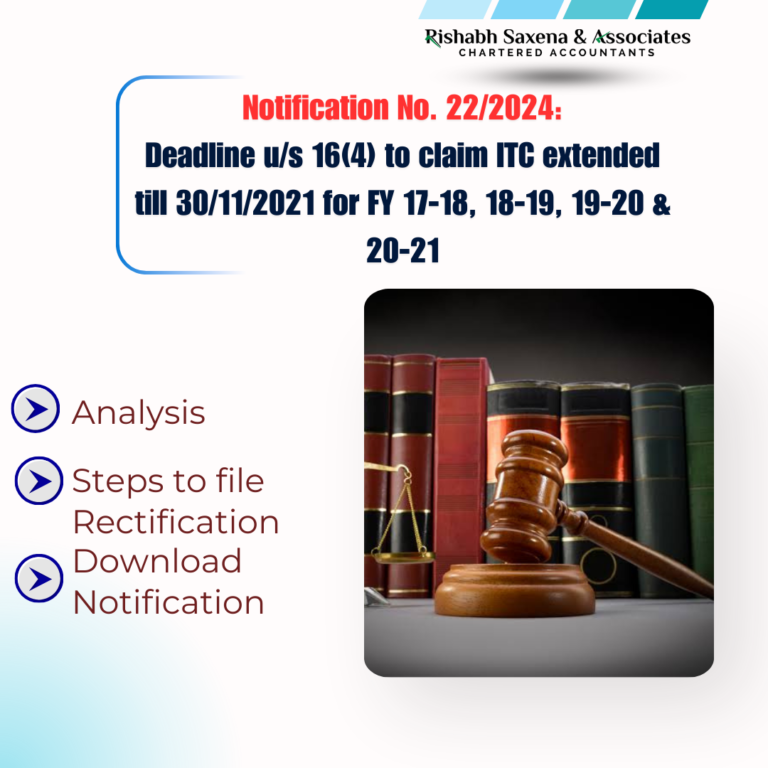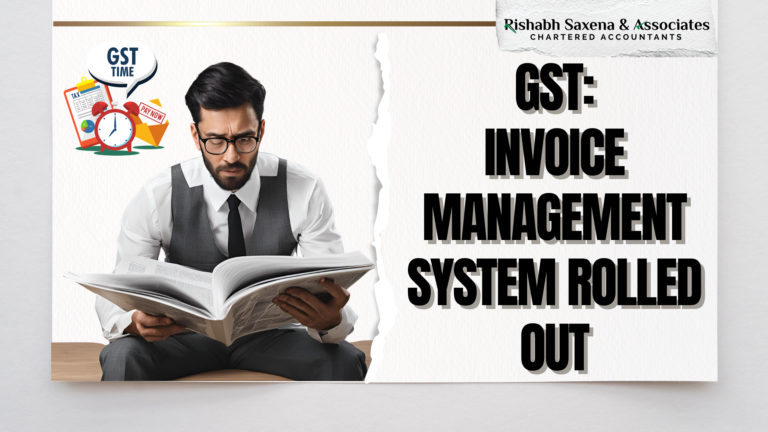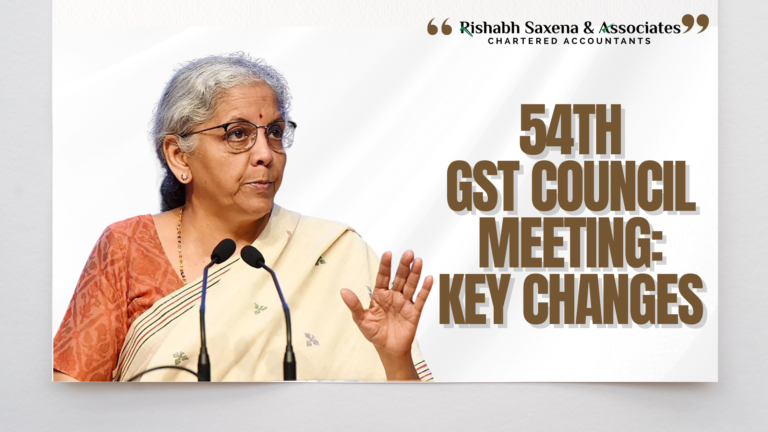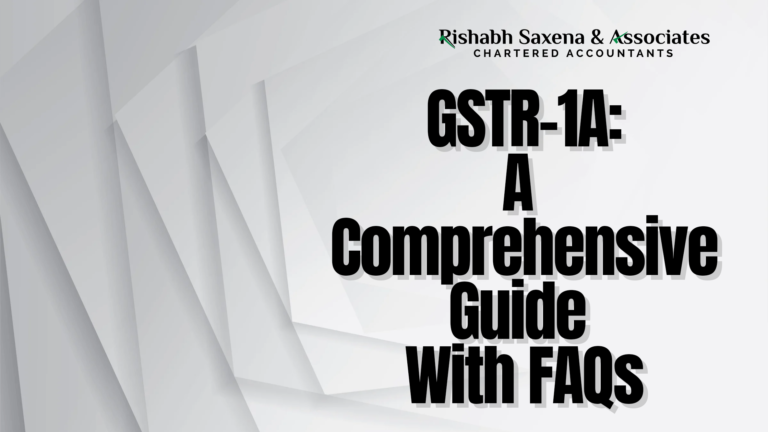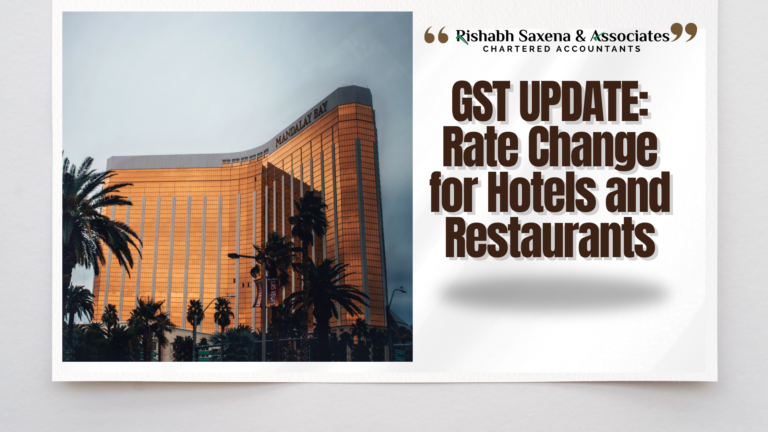GST Update: Simplified GST Rates for Hotels and Restaurants Explained
The 55th GST Council meeting brought significant changes to the taxation structure for hotels and restaurants. By addressing long-standing concerns over the application of GST rates and streamlining the process, these changes are expected to provide much-needed clarity and relief to the hospitality sector. Let’s delve into the details of the Council’s decisions and their implications.
Key Decision: Linking GST Rates with Value of Supply
Current Scenario
- Standalone Restaurants:
- GST is charged at 5% without Input Tax Credit (ITC).
- Restaurants in Hotels:
- 5% GST without ITC if the hotel does not sell any room at more than ₹7500 in the same financial year.
- 18% GST with ITC if the hotel sells even one room at more than ₹7500 in the same financial year.
Example:
Suppose a hotel sells a room on 31st March 2025 at ₹8000. This triggers the higher GST rate (18% with ITC) for all restaurant sales retrospectively from 1st April 2024. This retrospective application often leads to complications and tax disputes, as it is challenging to anticipate such scenarios at the beginning of the financial year.
Proposed Changes
To address this issue, the GST Council has decided to:
- Amend the Definition of Specified Premises:
- The new rules will link GST rates to the value of supply of accommodation units in the preceding financial year.
- Revised Rate Structure (Effective from 1st April 2025):
- 5% GST without ITC: Applicable if no unit of accommodation exceeded ₹7500 in value in the preceding financial year.
- 18% GST with ITC: Applicable if the value of any unit of accommodation exceeded ₹7500 in the preceding financial year.
- Declaration for Higher GST Rate Option:
- Hotels can opt to pay 18% GST with ITC by submitting a declaration before the start of the financial year or upon obtaining registration.
Example After Implementation:
If a hotel sells a room for ₹8000 on 31st March 2025, the restaurant’s GST rate for 1st April 2025 onwards will reflect this higher value. This change eliminates retrospective tax adjustments, ensuring certainty and reducing compliance burdens.
Practical Implications
- Certainty in Taxation:
- Hotels will now know their applicable GST rate at the start of the financial year, based on the previous year’s sales data.
- Flexibility for Hotels:
- The option to declare a preference for the 18% GST rate with ITC provides operational flexibility.
- Ease of Compliance:
- Eliminating retrospective adjustments reduces disputes and administrative challenges.
Transition Measures
To ensure a smooth transition, these changes will be effective from 1st April 2025. This timeline allows businesses to:
- Update their accounting and billing systems.
- Communicate changes to customers and stakeholders.
- Plan for potential impacts on pricing and revenue.
Conclusion
The GST Council’s decision to align GST rates for hotels and restaurants with the preceding financial year’s value of supply is a welcome move. It addresses the doctrine of impossibility, ensures certainty in taxation, and reduces the compliance burden for businesses. By providing an option to opt for the 18% GST rate with ITC, the Council has also introduced flexibility, catering to the diverse needs of the hospitality industry.
These changes reflect the government’s commitment to fostering a business-friendly environment and supporting the growth of the hospitality sector. Hotels and restaurants must prepare for these changes to maximize benefits and ensure compliance.
For detailed insights on GST updates and their implications, stay tuned to our blog. If you have specific queries, feel free to reach out for expert advice.

